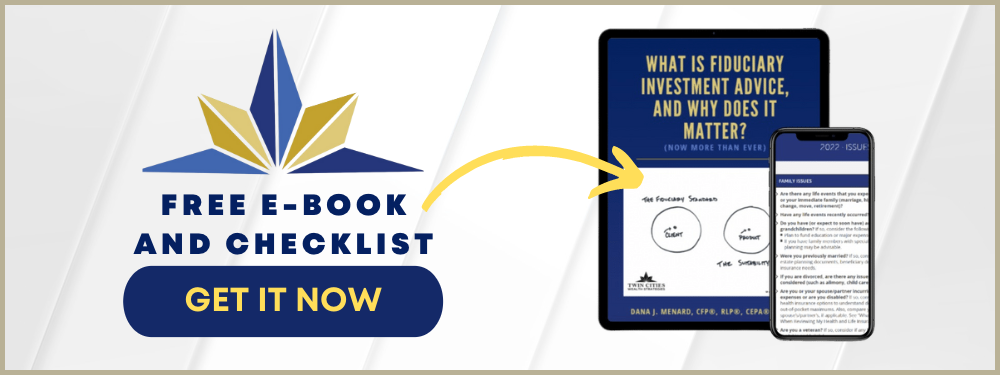Employer-sponsored plans, like 401(k)s, play a critical role in the retirement goals of most working Americans. Unfortunately, it’s not always clear whether or not your particular employer’s plan is a good one relative to your specific needs and goals. Thankfully, a handful of simple cues can help you determine if your organization’s retirement plan is both fair and sufficient in helping you prepare for your retirement.
1. Investment Choices
The investment world is immense. Investors now have the opportunity to invest in all sorts of companies, industries, regions, and other financial products. A good 401(k) will offer a wide selection of investment choices, usually, through mutual funds, that afford employees the chance to take advantage of the immense investment landscape.
2. Convenience
While the opportunity to take advantage of that immense investment landscape is essential, so are investment solutions that are convenient and straightforward. Due to the failure of our education system, many employees lack the financial acumen or the knowledge needed to combine different investments from various asset classes to form a proper investment allocation.
For that reason, a retirement plan must offer allocation or age-based solutions for employees that want suitable, well-rounded investments that don’t require a significant level of investment savvy.
3. Fair Fee Schedules
Every dollar that goes towards administrative or investment fees is a dollar that’s not working towards your retirement goals. However, that isn’t to say that all fees are inherently counterproductive to your financial plan.
Almost all plan administrators and the mutual funds that serve as the investment choices have fees associated with them. A fair employer-sponsored plan will include services and investment choices that minimize expenses while not sacrificing performance or suitability.
4. Perks
Since a 401(k) is often used as a benefit to entice employees to stay with an organization and attract new ones, companies can offer a variety of perks to make their plans more attractive. By including employer matches, shorter vesting schedules, and eliminating a waiting period before a new worker can participate, a 401(k) can be much more than just a straightforward retirement account but a true and valued benefit to an employee.
5. Different Types of Contributions
Depending on a particular employee’s financial circumstances and goals, different types of contributions – at least from a tax perspective – can be extremely beneficial. For instance, if you happen to be in a lower tax bracket today but feel that you may be in a higher one later in life, a Roth 401(k) can significantly benefit you down the road. The reason is that it taxes your contributions as ordinary income up front but doesn’t tax you upon distribution. Minimizing what you give Uncle Sam – whether now or later – will always maximize how much you keep in your wallet or purse.
Do you want help reviewing your 401(k) plan or need help with your financial plan? We’re here to help! Simply click here or call (763) 445-2772 to schedule a complimentary consultation today!


